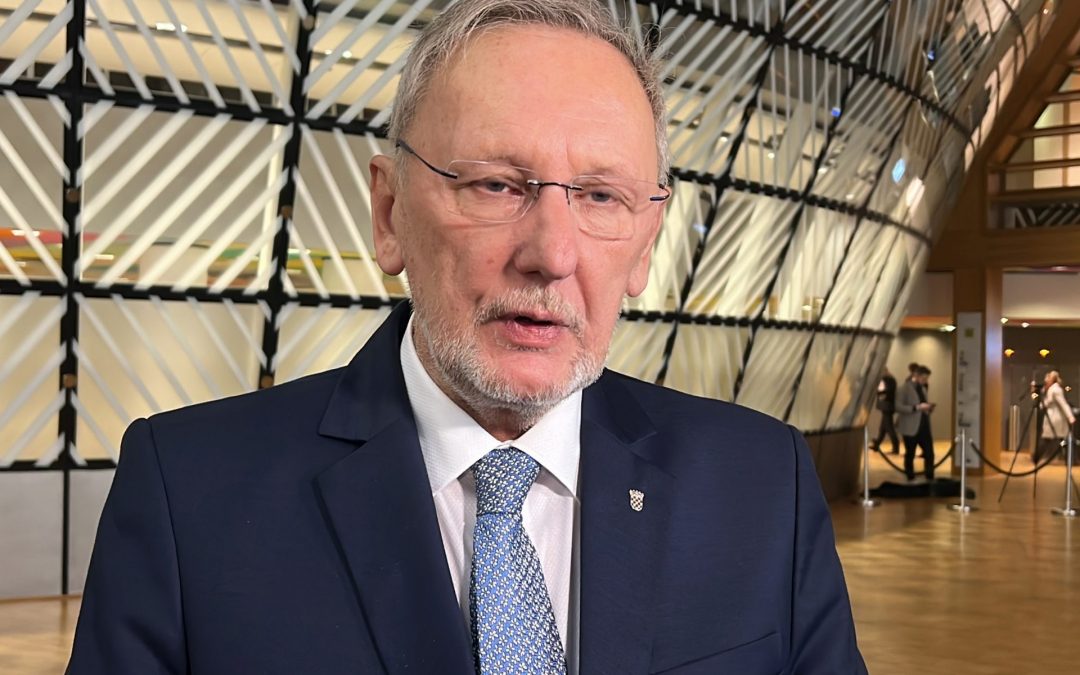“`html
BRUSSELS, December 12, 2024. (Hina) – The decisions of several EU member states, including Croatia, to suspend the processing of asylum applications for Syrian refugees immediately after the fall of Assad’s regime are not premature and are a message to the future government in Syria, said Croatian Interior Minister Davor Božinović on Thursday.
“No, it is not premature and as far as Croatia is concerned, it is a temporary decision,” Božinović said after the meeting of EU member states’ interior ministers where the main topic was the consequences of the fall of Bashar al-Assad’s regime on migration flows towards Europe.
“However, the European Union, or rather those states, had to react and send a message intended to encourage all those currently active in defining what should be the Syrian reality that these are their citizens, but also a message to those same citizens to try to invest what they have learned in exile in Europe in their own country,” Božinović emphasized.
Several member states immediately after Bashar al-Assad fled the country announced that they are suspending the processing of asylum applications for Syrian refugees, among others Germany, France, Italy, Austria, Croatia, Sweden, Denmark.
In Croatia, this decision has frozen the processing of 53 applications. Since 2015, 537 Syrian refugees have been granted asylum in Croatia.
Božinović says that the knowledge and experience that Syrian refugees have gained in Europe are welcome for the construction and rebuilding of Syria, devastated by a terrible civil war.
“In Germany, there are about a million Syrian refugees who are performing various jobs, and the knowledge they have gained would greatly contribute to creating a better future for the citizens of Syria,” Božinović said.
The Croatian minister adds that it is clear to everyone the unknown direction in which events will develop in Syria, but that Europe must not lag behind, it must become an actor, establish contacts, and must cooperate with states that are currently very important there, primarily with Turkey, and in some way harmonize its policy and state its European interests.
Today’s meeting of the EU Council for Internal Affairs will be remembered for the decision to finally admit Bulgaria and Romania into the Schengen area.
“Having two new Schengen members on the external borders is certainly a gain at a time when Europe is facing numerous challenges,” Božinović said, congratulating his Bulgarian and Romanian colleagues.
The European Commission had already concluded in 2011 that both countries meet all the conditions and repeatedly called on member states to approve their entry, but until now, one or several countries always opposed it.
The entry of the two countries into Schengen was recently blocked by Austria, justifying its veto with illegal migrations, insufficient fight against corruption and organized crime in those countries, as well as the rule of law in general. Only last month, at the meeting in Budapest, Austria lifted the block. (December 12, 2024.)
“`
 go to the original language article
go to the original language article
